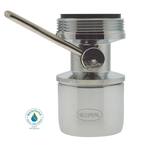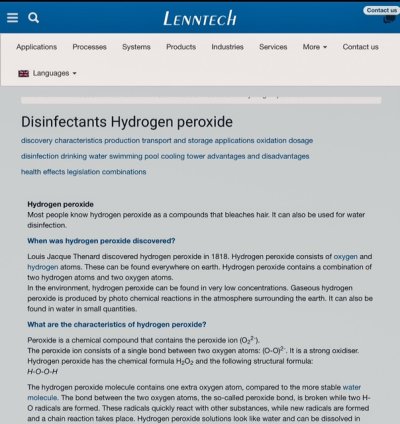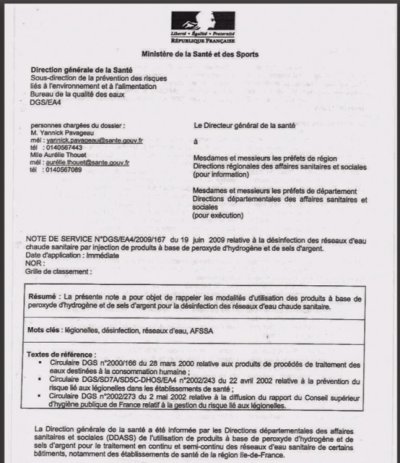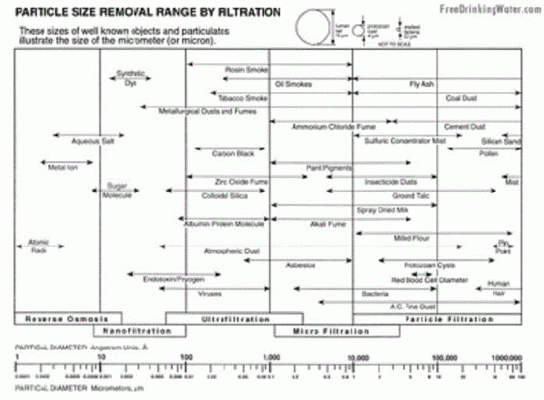H20 is water.
H202 is hydrogen peroxide. Diluted to less than 5 percent, humans can deal with it.
Formulations of H202 are strong oxidizers and have been used for rocket fuel.
Stating water is similar to hydrogen peroxide, except for one oxygen atom is false.
Being an ME major, my chemistry classes ended over 30 years ago, so if someone with more recent chemistry training believes that is incorerect, then let me know.
Facts do matter.
I don't want to cast doubt on your range of skills, I would never do that, but my opinion is that you are frightening people here when talking about "deadly" risk and Hydrogen Peroxide "used for rocket fuel". Everything is all a question of how much and what sort, it's all about the right concentration.
Why mild bleach solution is safe and useful for disinfection purposes while chlorine operated as a weapon of mass destruction in World War I (90,000 died plus 1,250,000 injuried per chlorine chemical weapons attacks) and somewhere in the Middle East more recently ? Because everything is a question of balance with the right parameters.
In European Union there are many consulting firms in security technologies of fresh water treatment that promote, as well industrial firms who are manufacturing and exporting, Hydrogen Peroxide products for fresh water disinfection, whose Lenntech company (technical note attached) which credibility and professionalism could not been called into question.
Moreover, the European Directorate General for Health, also the French Ministry of Public Health, both carried out with the assistance of a number of scientific experts, regularly remind State parties, public institutions and private-enterprise bodies of their obligation concerning use of Hydrogen Peroxide products for fresh water disinfection (official document attached), in particular in combating forms of legionella bacteria.
As well, the highly skilled US Food & Drug Administration concludes that
the proposed use of the additive (a mixture of silver nitrate and hydrogen peroxide)
is safe and the additive will achieve its intended technical effect as an antimicrobial agent under the proposed conditions of use [Federal Register: March 18, 2009 (Volume 74, Number 51), Rules and Regulations].
Therefore, Sir, I am sorry to say that you've misled the people here. Balance, in everything, is the important concept once again.







